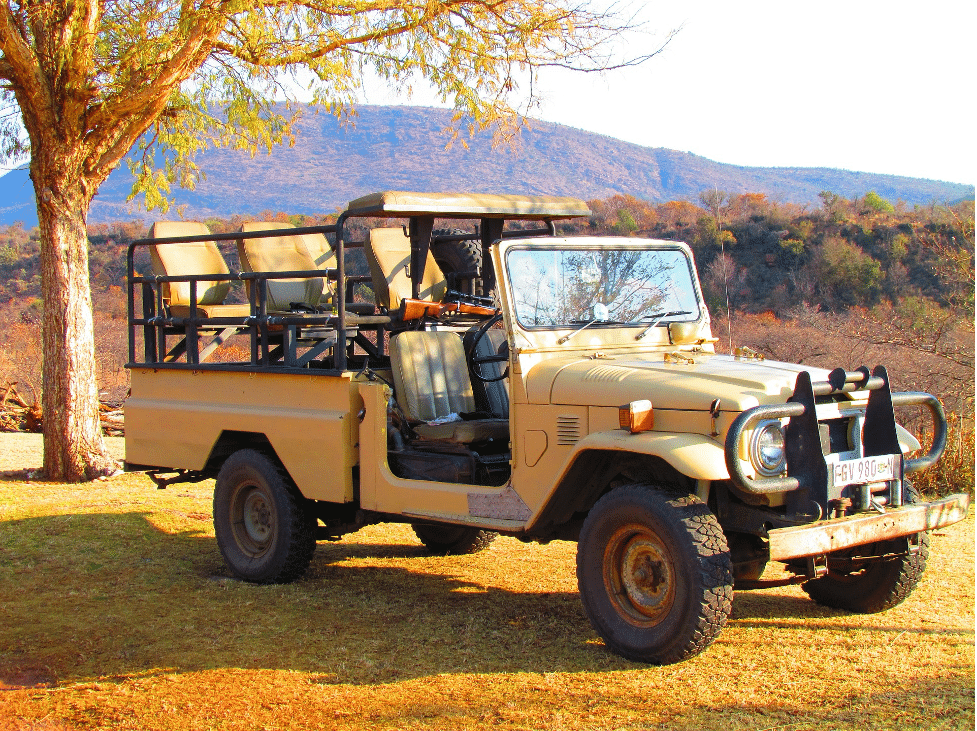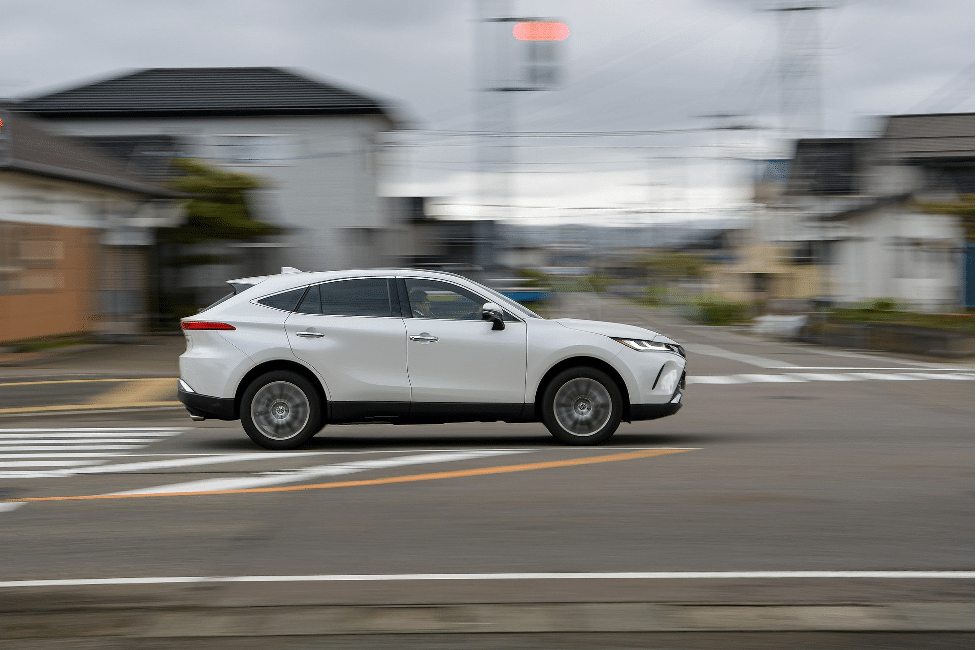In 2024, the landscape of safari tourism is rapidly evolving, driven by advances in technology, changing traveler preferences, and a growing demand for unique and sustainable experiences. For tour agencies, one of the key strategies to stay ahead in this competitive market is by leveraging safari cars in innovative ways. These vehicles are no longer just a means of transportation; they are powerful tools that can significantly enhance the safari experience and, importantly, boost revenue.
From luxury upgrades to eco-friendly innovations, here are five ways tour agencies are using safari cars to drive growth and increase profitability.
1. Offering Luxury Safari Vehicles for High-End Travelers
One of the most effective ways tour agencies are increasing revenue is by catering to the high-end market with luxury safari vehicles. Travelers with disposable income are willing to pay a premium for comfort, exclusivity, and an elevated experience. By investing in top-tier cars like the Mercedes-Benz G-Wagon, Toyota Harrier, Land Rover Defender, or even the Toyota Land Cruiser with upgraded interiors, tour agencies can offer luxury safari packages that attract affluent clients.

These luxury vehicles are equipped with features such as leather seats, advanced climate control, and state-of-the-art infotainment systems, ensuring a comfortable and stylish journey through the wilderness. Tour agencies can market these packages as exclusive experiences, complete with private guides, gourmet meals, and personalized itineraries. This not only enhances the perceived value of the safari but also allows agencies to charge significantly higher prices.
In addition, luxury safari packages often include perks like airport transfers in the same high-end vehicles, creating a seamless and indulgent travel experience from start to finish. By targeting high-end travelers with these luxury options, tour agencies can tap into a lucrative market and boost their profit margins.
2. Promoting Eco-Friendly Safari Vehicles to Appeal to Sustainable Travelers
With the rise of eco-conscious tourism, more travelers are seeking out experiences that minimize their environmental impact. Tour agencies that embrace eco-friendly safari vehicles, such as hybrid or fully electric models, are positioning themselves as leaders in sustainable travel. This not only attracts a growing segment of environmentally aware travelers but also aligns the agency’s brand with conservation efforts.
Hybrid safari vehicles, like the hybrid versions of the Toyota Land Cruiser, offer the best of both worlds: they reduce emissions while maintaining the power and durability needed for off-road adventures. Fully electric safari vehicles are also making their way into the market, providing a silent and emission-free ride through nature reserves, which enhances the wildlife viewing experience by minimizing noise disturbances.

Tour agencies can capitalize on this trend by offering eco-friendly safari packages and highlighting their commitment to sustainability in their marketing campaigns. This approach not only helps attract a new audience but also justifies a premium price point, as many travelers are willing to pay extra for sustainable options.
3. Providing Customizable Safari Experiences with Versatile Vehicles
In 2024, personalization is a key trend in the travel industry, and safari tourism is no exception. Tour agencies are using customizable safari vehicles to offer tailored experiences that meet the specific needs and preferences of their clients. Whether it’s modifying the seating arrangement for better wildlife viewing or adding special equipment like photography gear mounts, these customizations can greatly enhance the safari experience.
For example, some safari vehicles come with removable roof panels for open-air viewing or specialized storage compartments for adventure gear. Tour agencies can offer packages that allow clients to choose these features, creating a bespoke safari experience that caters to their unique interests. This level of customization not only enhances customer satisfaction but also allows agencies to charge a premium for these personalized services.
Moreover, customizable safari vehicles allow agencies to cater to niche markets, such as wildlife photographers, birdwatchers, or families with young children. By offering tailored experiences, tour agencies can differentiate themselves from competitors and attract a broader range of clients, ultimately boosting revenue.
4. Maximizing Efficiency and Profitability with Smart Technology
The integration of smart technology into safari vehicles is revolutionizing how tour agencies operate and manage their fleets. Advanced GPS systems, real-time navigation, and connected vehicle features are making safaris safer, more efficient, and more enjoyable for both drivers and passengers. This technological edge allows tour agencies to offer a superior experience while optimizing their operations for greater profitability.
For instance, vehicles equipped with advanced GPS and mapping technology can ensure that drivers follow the best routes, avoiding delays and maximizing wildlife sightings. This leads to more satisfied customers who are more likely to book additional services or recommend the tour to others. Additionally, smart vehicle technology allows for better fleet management, reducing downtime and maintenance costs.
Tour agencies, such as masaimarasafari.in, can also use smart technology to upsell additional services. For example, infotainment systems can provide educational content about the wildlife and environment, enhancing the overall experience and encouraging clients to extend their tours or book additional excursions. By integrating smart technology into their safari cars, tour agencies can streamline operations, improve customer satisfaction, and increase revenue.
5. Expanding Offerings with Self-Drive Safari Packages
The demand for self-drive safaris has been steadily increasing as more travelers seek the freedom and flexibility to explore on their own terms. Tour agencies that offer self-drive safari packages are tapping into this growing market, providing a new revenue stream while still offering the security and support of an organized tour.
Self-drive safari vehicles are equipped with features that make them suitable for independent travelers, such as detailed navigation systems, off-road driving aids, and comprehensive safety kits. Tour agencies can provide clients with pre-programmed routes, maps, and essential information about the best places to visit, ensuring a safe and enjoyable experience.

By offering self-drive holiday packages in destinations such as Kenya, tour agencies can cater to adventurous travelers who prefer to be in control of their journey. This not only attracts a new customer base but also allows agencies to scale their operations without the need for additional guides or staff. Furthermore, self-drive packages can be sold at a lower price point, making safaris accessible to a broader audience while still generating significant revenue through volume.
Conclusion
In 2024, safari cars are playing a pivotal role in the growth and success of tour agencies. By upgrading to luxury vehicles, embracing eco-friendly options, offering customizable experiences, integrating smart technology, and expanding into self-drive packages, agencies are finding new ways to enhance the safari experience and boost their revenue.
As the travel industry continues to evolve, tour agencies that leverage these strategies will be well-positioned to attract a diverse range of clients, increase profitability, and stay ahead of the competition. Safari cars are more than just transportation—they are a gateway to unforgettable adventures and a key driver of business growth in the ever-changing world of tourism.
